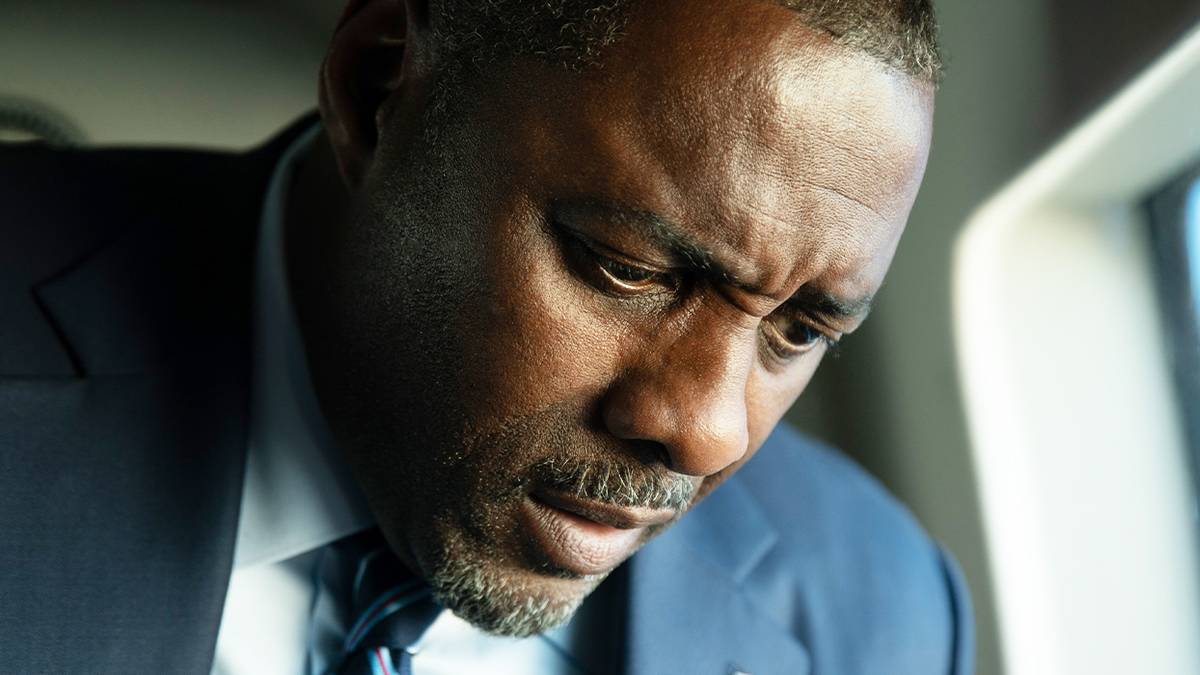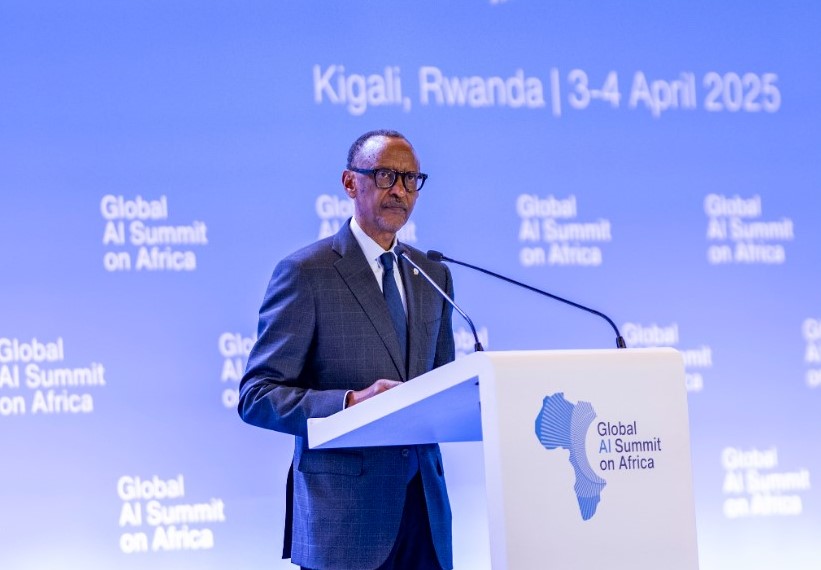Climate Crisis Unleashes New Health Threats Across Africa; 'One Health' Solution Emerges

As the world confronts the dual challenges of climate change and evolving global health crises, the significance of the One Health approach has become increasingly apparent. Doris Wangari, a Senior Program Officer at the Science for Africa Foundation's Grand Challenges Africa Programme, underscores the necessity of ongoing dialogue regarding the climate crisis and One Health, emphasizing that climate change profoundly impacts human interactions and health outcomes. For Africa's resilience and preparedness, Wangari stresses the critical importance of ensuring that climate change research actively integrates a 'human face'.
The climate crisis is systematically disrupting the delicate balance essential for the health of plants and all life dependent on them. Escalating temperatures, erratic rainfall patterns, and more frequent extreme weather events are accelerating the spread of pests and diseases. These effects extend beyond agricultural impacts, highlighting that in a world where human, animal, plant, and environmental health are intrinsically linked, safeguarding plant health is paramount. The changing climate directly alters the risks associated with plant health.
Wangari further elucidated that disease outbreaks are not isolated events; climate serves as the environment in which pathogens flourish. As temperatures rise and rainfall patterns shift, vectors like mosquitoes find new breeding grounds, leading to a surge in vector-borne diseases. She provided the example of mosquitoes and vector-borne diseases: increased temperatures and heavy rainfall lead to mosquitoes breeding and emerging in areas and seasons where they were historically absent. Additionally, heavy rainfall and flooding contaminate water systems, frequently resulting in cholera outbreaks. Conversely, drought conditions are increasing human-animal contact as animals seek new water sources, thereby escalating the risk of zoonotic spillover.
To counteract these climate-driven disease threats, Wangari advocates for the integration of environmental and health surveillance systems. The focus is now on combining weather and environmental data with health surveillance to enable early warnings, facilitate community communication, and bolster primary healthcare systems. She noted that advanced forecasting tools empower countries to pre-position vaccines, diagnostics, and supplies ahead of anticipated outbreaks. Crucially, the effectiveness of these efforts relies on seamless data sharing across national borders and diverse sectors, acknowledging that 'diseases are not bound to any one country'.
The One Health approach, fundamentally based on the interconnectedness of human, animal, and ecosystem health, offers a more effective pathway forward. In an era marked by climate change, rising zoonotic disease risks, and persistent conflicts, incorporating One Health into humanitarian initiatives is no longer an optional goal but a moral and practical imperative. Its three core elements are people, animals, and the environment. Wangari explained that by synthesizing disease surveillance with climate modeling, the One Health approach can transition Africa from a reactive stance to proactive outbreak prediction. She metaphorically stated, 'If we can forecast a cyclone, surely we should be able to forecast an outbreak spike,' which would provide invaluable time for vaccination, preparation, and preventing uncontrolled surges.
Information and Communication Technology (ICT) plays a pivotal role in the One Health framework, especially in addressing the complex global health issues arising from human-animal-environment interactions. ICT facilitates the vital connection and integration of data across human, animal, plant, and environmental health sectors, forming the bedrock of One Health intelligence. This involves collecting and synthesizing data from these diverse health sectors to support informed and coordinated decision-making. As challenges like zoonotic diseases, antimicrobial resistance, environmental threats, and food insecurity intensify, digital tools provide the necessary foundation for swift and evidence-based action. Wangari emphasized, 'Data is crucial at that end,' highlighting the necessity of integrated data digitization.
Artificial intelligence (AI) can further enhance these efforts by detecting unusual fever patterns that clinicians might otherwise miss and by mapping potential vector breeding grounds for upcoming seasons. Wangari asserted that 'Data saves lives when it moves between sectors and borders - and back to communities.' She envisioned an interconnected 'data grid' where human, animal, and environmental systems communicate fluidly, advocating for open, interoperable information systems that link various sectors, allowing animal health and public health laboratory results to be shared faster than pathogens themselves. Open standards are essential to integrate satellite and climate feeds into daily risk dashboards.
Fragmentation remains a significant challenge for Africa, as Wangari pointed out that 'Data is still fragmented across the continent.' She stressed the need for data sharing among ministries—including health, finance, and meteorological departments—to enhance prediction and response capabilities for surveillance. Illustrating this, she cited how rainfall could undermine vaccine administration efforts if meteorological data is not considered. Therefore, data must flow freely and openly to support effective decision-making. Wangari passionately declared, 'One Health should not only be a slogan, but the wiring diagram for how systems should work,' advocating for open data-sharing standards, regional collaboration, and investment in a specialized digital health workforce. She also called for funding allocation to regional nodes and public digital groups to foster specialized workforces and align procurement, ensuring countries work collaboratively rather than in silos.
At the Science for Africa Foundation, Wangari noted that the organization funded a cohort of eight grantees focused on climate and health research across Africa. However, these researchers often encountered challenges that hindered the full impact of their work, with 'siloed data' being a major obstacle as ministries and sectors tend to protect their data, impeding collaboration. She proposed the necessity of formal agreements and structured accountability mechanisms, such as Memoranda of Understanding (MOUs) with budget lines and key performance indicators tied to joint outcomes, to foster inter-sectoral cooperation. Additionally, community mistrust and concerns about data misuse often complicate the integration of indigenous knowledge into research. Wangari highlighted that 'clear legal frameworks, transparent governance, and feedback loops' are vital to ensure communities recognize the value of participating in science. She also identified continental infrastructure and capacity gaps, noting that climate-health projects often remain in early stages due to limited support and resources.
Collaboration emerged as a key takeaway for Wangari, citing discussions at the CPHIA where the importance of co-designing and co-creating research with different sectors was highlighted, ensuring the impact of supported work truly resonates with communities. Participants also shared African case studies showcasing local innovations and valuable lessons for those engaged in climate, health, or One Health fields. While One Health has not yet been fully institutionalized into policy across Africa, Wangari reported strong signs of progress through collaborative research and leadership initiatives. The Science for Africa Foundation’s flagship program, Developing Excellence Through Leadership and Training in Africa (DELTAS), supports Professor Asimu Porto, who leads the One Afrique platform. This platform unites African researchers working across various climate change and scientific domains, integrating lessons learned and translating them into policies and regional decision-making guidance. At the community level, the Foundation prioritizes research with tangible impact, requiring researchers to engage with community advisory boards to incorporate ground-level realities into their studies.
Wangari posits that culture is more of an asset than an obstacle in One Health, facilitating shared values, community engagement, and cross-sector collaboration to develop holistic, locally adapted health solutions addressing the interdependent nature of human, animal, and environmental health. She cited Timor-Liste in Kenya's Turkana County, a local One Health initiative that integrates animal treatment, maternal health, vaccinations, and cultural practices, demonstrating the power of community-centered approaches to strengthen health outcomes. Emphasizing the vulnerability and crucial role of women and youth as agents of change, Wangari stressed the need for their critical support and early inclusion in adaptation efforts, highlighting that their exclusion undermines years of progress. She called for continued support for women as leaders and contributors in the climate and health space, asserting that their participation strengthens societal resilience at every level.
Africa is poised to lead in open and interoperable platforms, generating regional data for its own priorities. Wangari concluded by urging continued collective effort to support and enable each other in addressing climate change, leveraging available tools like artificial intelligence for surveillance and prediction. allAfrica is a proud media partner of the CPHIA 2025.
You may also like...
Arsenal Dominance: Eze's 'Magic Moment' Against Former Club Propels Gunners to Top!
)
Arsenal extended their winning streak to seven games with a hard-fought 1-0 victory over Crystal Palace, thanks to Ebere...
Guardiola's Fury: Haaland Caged as Aston Villa Delivers Crushing Blow to Man City's Title Hopes!
)
Manchester City suffered a 1-0 defeat against Aston Villa, with Matty Cash scoring the decisive goal. Pep Guardiola refl...
Iconic 'Sailor Moon' Returns to Netflix After Years of Streaming Turmoil

Sailor Moon Crystal has made a welcome return to Netflix in the U.S. and Canada, bringing a faithful adaptation of the i...
Anime Dominates Box Office as 'Chainsaw Man' Smashes Records, 'Springsteen' Falters

Crunchyroll's “Chainsaw Man – The Movie: Reze Arc” soared to the top of the box office, affirming anime's growing global...
Global Power Couple Alert: Katy Perry & Justin Trudeau Confirm Romance in Paris Debut!

Katy Perry and Justin Trudeau have officially confirmed their relationship, making their first public appearance as a co...
Taylor Swift's 'Showgirl' Album Reigns Supreme for Third Week on Billboard 200!

Taylor Swift’s "The Life of a Showgirl" achieves its third consecutive week at No. 1 on the Billboard 200 chart for Nove...
Inside 'A House of Dynamite': Stars Unveil Nuclear Thriller's Political Depths

"A House of Dynamite," Kathryn Bigelow's latest political thriller, features an all-star cast including Jared Harris and...
Climate Crisis Unleashes New Health Threats Across Africa; 'One Health' Solution Emerges

The One Health approach is critical for Africa's climate change and global health resilience, integrating human, animal,...




